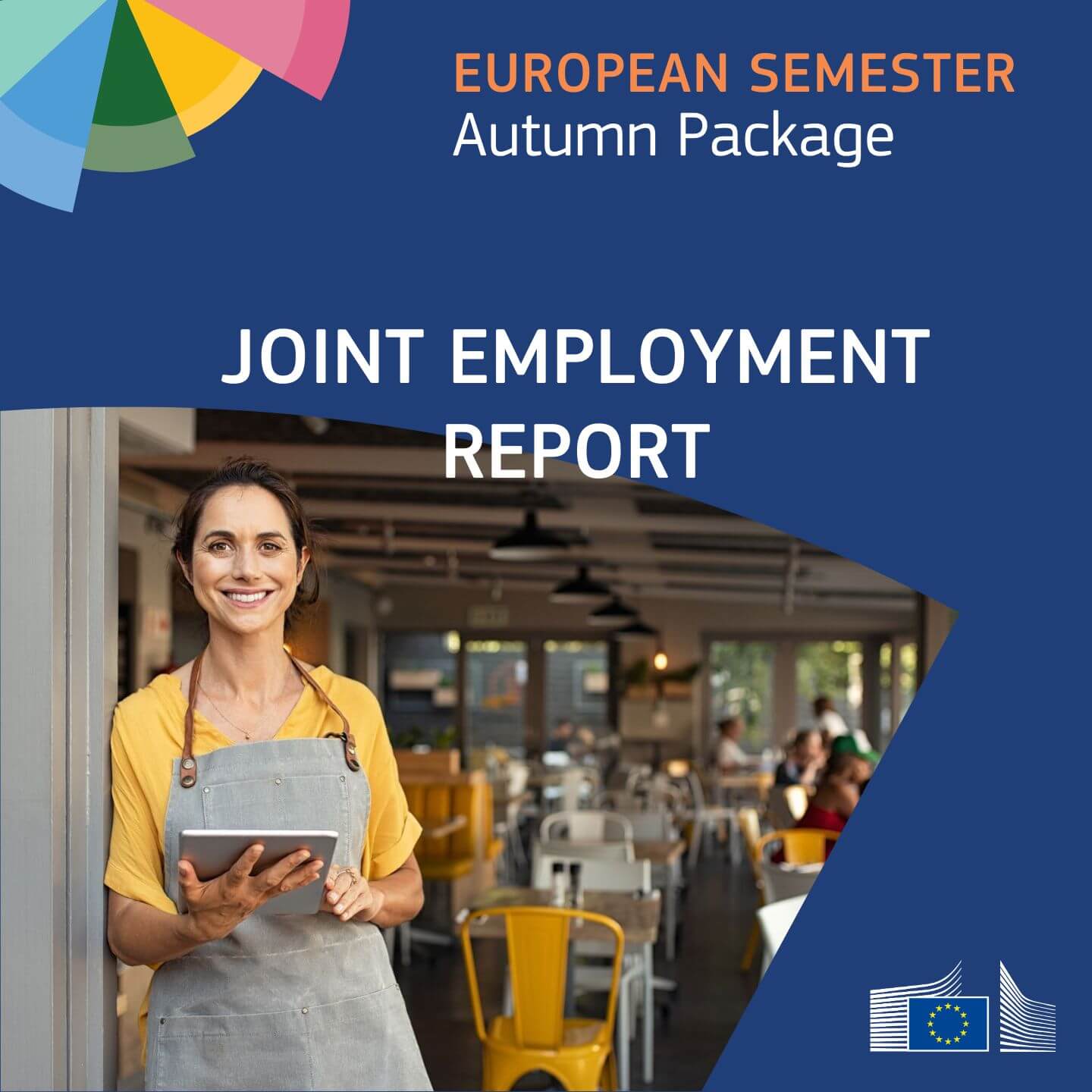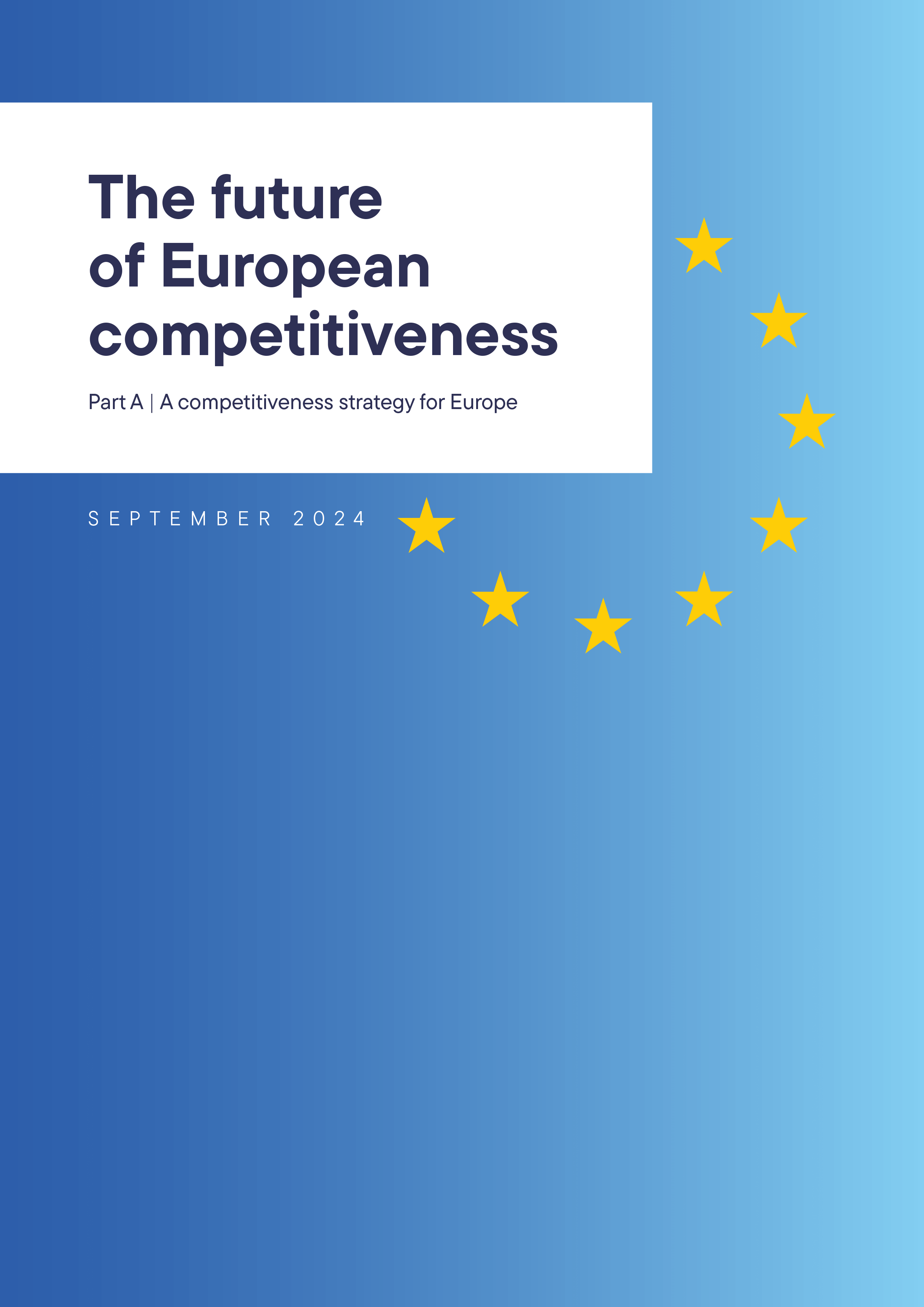European Semester Report: “Quality jobs start with quality leadership”
The European Semester Report 2025 was issued yesterday, 18 December 2024. The EU Semester is an annual exercise coordinating the EU’s economic and social policies. It remains a cornerstone of the European Union’s efforts to foster economic prosperity and social cohesion.
At its heart lies the mission to align the policies of Member States with EU priorities, addressing socio-economic challenges while supporting sustainable growth.

These are some of the latest recommendations included in yesterday’s report:
- Strengthen innovation, including in critical technologies.
- Improve the business environment, reinforcing access to funding and reducing administrative burden and regulatory complexity.
- Support public and private investment in areas of common priorities, such as the green and digital transitions and the build-up of defence capabilities.
- Promote upskilling and reskilling of the workforce, while further increasing labour market participation.
- Ensure compliance with the new fiscal framework, improve debt sustainability and monitor risks to macro-financial stability.
What is in there for leaders and managers?
The report implies the indispensable role of managers and leaders in shaping a resilient future through robust social dialogue and actionable policy implementation, particularly in key aspects such as inclusiveness, equity, fair implementation of AI tools, innovation or sustainability.
Managers are called to play a crucial role in all these areas, and CEC European Managers is setting up four working groups that will work to include managers’ roles on the European leadership agenda.
Economic prosperity is only sustainable when it is inclusive and collaborative
European Semester 2025
Competitiveness and Resilience
European employment levels are at record highs, and inflation is projected to stabilize. In general terms, the report projects an optimistic outlook, but challenges persist.

Enrico Letta and Mario Draghi have identified barriers to growth, notably the EU’s innovation gap compared to global competitors and the need for accelerated decarbonization.
The Draghi Competitiveness Compass calls for investment in innovation, decarbonization, and security measures. “The key to unlocking growth lies in reducing dependencies and fostering resilience,” states the report, aligning economic ambitions with environmental and geopolitical imperatives.
Leaders and managers are essential to foster innovation and EU competitiveness. In that sense, European funding is being granted to CEC members and social partners through initiatives such as the Just Transition Leadership – JustTransLEAD coordinated and led by our Sectorial Federation, the European Federation of Managerial Staff in the Chemical and Allied Industries (FECCIA) with our member organisations Lederne from Denmark and Ledarna from Sweden.
The European Commission aims to establish actions and best practices for joint sustainable management and leadership of Just Transition towards climate neutrality in the chemical sector.
Likewise, EU projects coordinated by CEC European Managers such as Beyond Unconscious Bias – Beyunbi have analyzed and trained leaders in unconscious biases, promoting inclusion as a way to embrace competitiveness.
Structured European social dialogue between EU institutions and social partners and with Member States and stakeholders is central to this process, with managers serving as vital connectors between policy and practice.
“Quality jobs start with quality leadership”
Despite progress, disparities remain. Labour market participation lags among certain groups, and skills shortages persist. Managers are called upon to bridge these gaps through inclusive strategies and continuous learning programs.
The European Pillar of Social Rights provides a framework emphasizing fair working conditions and reducing regulatory complexity to support business leaders in these endeavors.
CEC European Managers‘ position is that leaders are not just implementers; managers and leaders are architects of bridges that facilitate change implementation and transitions.
Investing in workforce skills, fostering inclusive hiring practices, and ensuring equitable workplaces directly contribute to the EU’s headline targets on employment and poverty reduction.
The EU Semester 2025 asserts that “Quality jobs start with quality leadership,” which means managers are encouraged to take active roles in shaping fair, dynamic, and productive environments.
The Joint Employment Report further highlights risks to upward social convergence, urging targeted interventions.
Managers must champion these efforts, ensuring their organisations align with broader EU objectives.
Simultaneously, reducing administrative burdens and regulatory complexity will empower managers to focus on innovation and strategic growth. “A thriving business environment is one where complexity does not stifle creativity,” the report notes.
Economic ambition and social responsibility
“The EU’s success hinges on its ability to balance economic ambition with social responsibility,” concludes the European Semester Report. Managers, as stewards of both company’s interests and employees’ well-being, are at the forefront of this mission.
Through active engagement in social dialogue with the rest of Social Partners and unwavering commitment to workforce development, members of CEC European Managers will ensure that Europe’s future is as inclusive as it is prosperous.
European Semester Report offers a roadmap, but it is up to Europe’s leaders—managers among them—to realize that vision.




